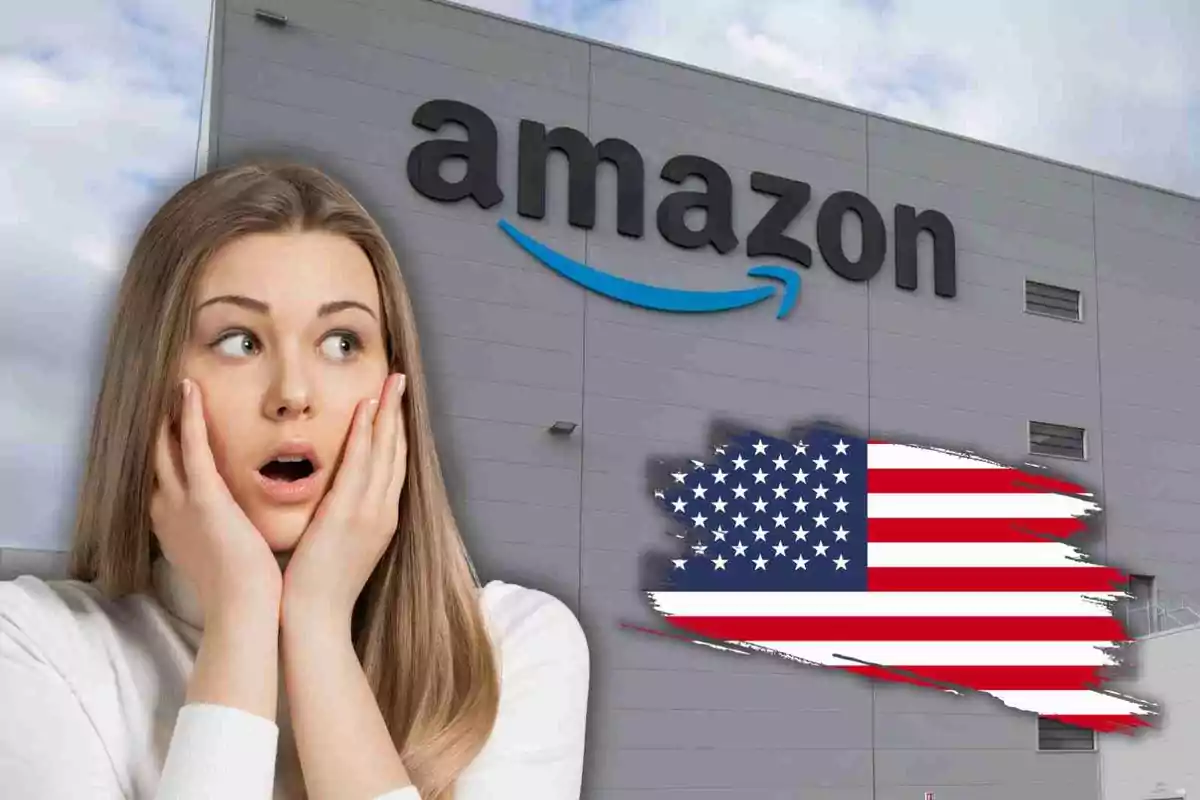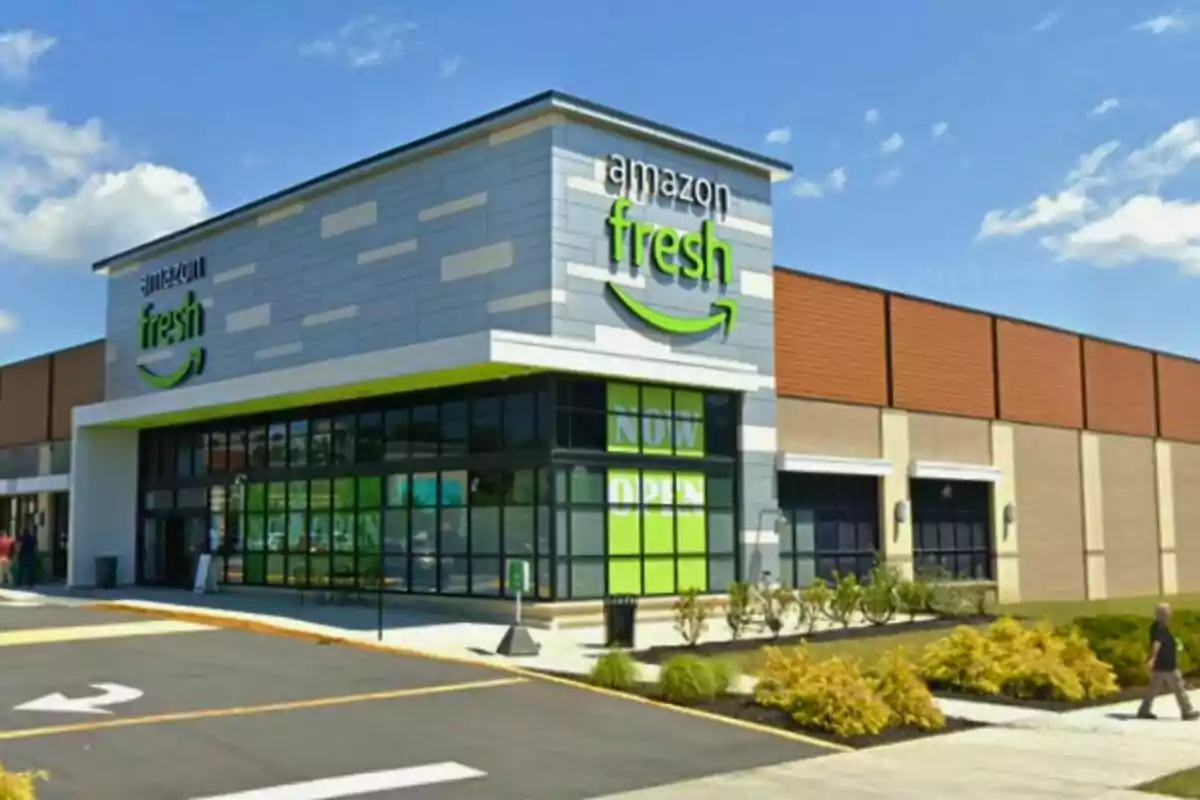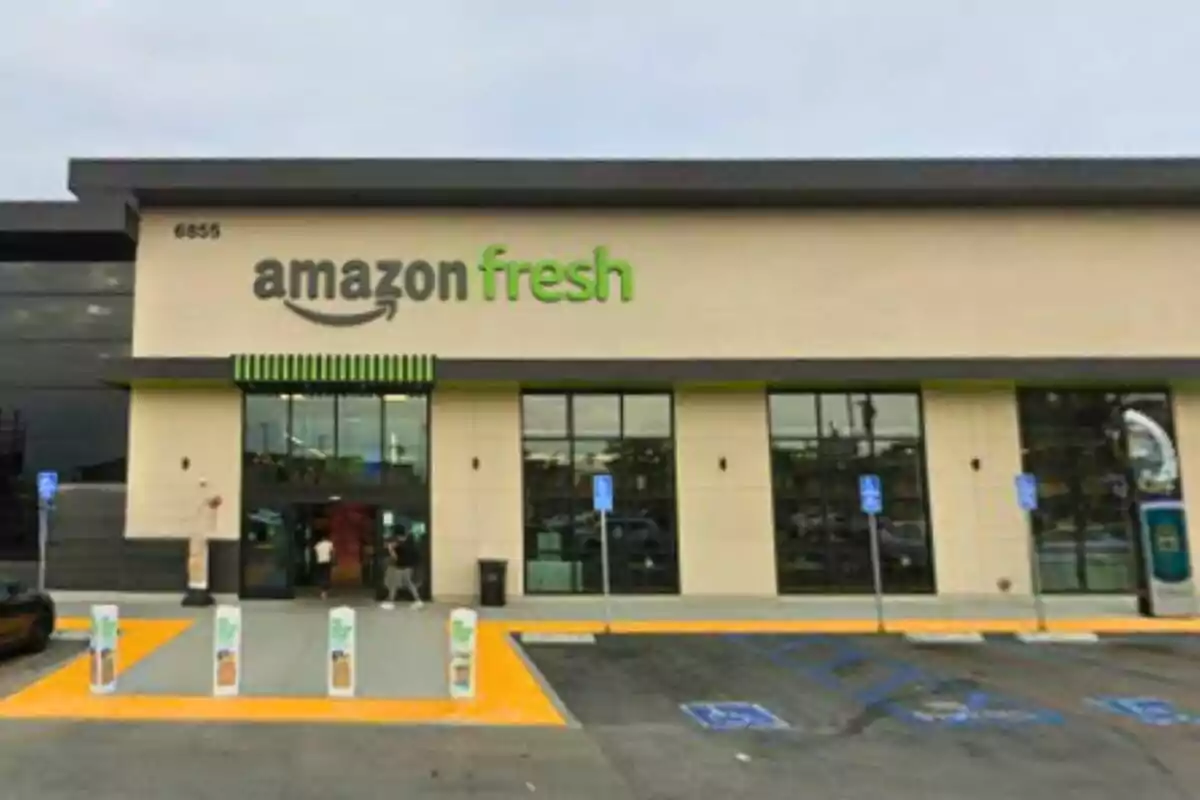
Amazon confirms the worst fears and deals a blow to its customers in the U.S.
Amazon faces tough decisions that impact their customers in different regions of the United States
Large corporations usually withstand tough economic times better, but that doesn't mean they're free from problems. Amazon, an e-commerce giant, is experiencing challenging times that are affecting its physical presence and its customers.
Amazon has announced the closure of another Amazon Fresh store in the Seattle area, in the United States, affecting more than 120 employees. This decision adds to the closure of other stores in the same region, such as a Whole Foods store in Capitol Hill and another Amazon Fresh also in Seattle. This reflects the difficulties the company faces in establishing itself in the supermarket sector.

Amazon Fresh: a bet that hasn't taken off
Amazon Fresh started in 2007 as a bet to enter the grocery market, a sector dominated by giants like Walmart and Costco. Ten years later, Amazon bought Whole Foods for $13.7 billion, seeking to strengthen its position in the physical market. However, revenue from these physical stores represents only a small fraction of Amazon's total sales.
The most recent closure was the Amazon Fresh store in The Commons, located in Federal Way, within the Seattle metropolitan area, Washington, according to The Street. The store operated for three years and the closure affects 125 employees, who can transfer to Whole Foods in Tacoma or to Amazon Go stores in Pierce County. An Amazon spokesperson explained that, after evaluating performance, some locations are more suitable than others for its business model.
Reddit users weren't surprised by this news; many pointed out that Amazon doesn't fully understand the physical grocery business. A former employee predicted that the store would close in two to four years, and several consumers criticized the shopping experience, especially the self-service carts, calling them "horrible." Others noted that the stores often seem empty, comparing them to a "movie set."

Challenges and changes in Amazon's strategy for the grocery sector
Over the past few years, Amazon has tried to adapt to compete in the supermarket market with several changes. They introduced small formats like Whole Foods "Daily Shop" stores and automated micro-fulfillment centers. However, the company also removed technologies such as the "Just Walk Out" self-service system and closed several underperforming stores.
Another recent issue that has affected Amazon is its "easy" return policy, expanded in 2019 for millions of products. This policy, although attractive to customers, has caused problems such as fraudulent returns and buyers accidentally receiving used or damaged products. These kinds of complications, along with physical closures, raise doubts about whether Amazon will manage to position itself successfully in such a competitive sector as groceries.
Although Amazon accounts for about 40% of e-commerce sales in the United States, its physical presence in supermarkets remains weak. The company continues to offer online options with fast deliveries for consumers affected by store closures. But the reality is that its physical stores aren't working as desired.
More posts: